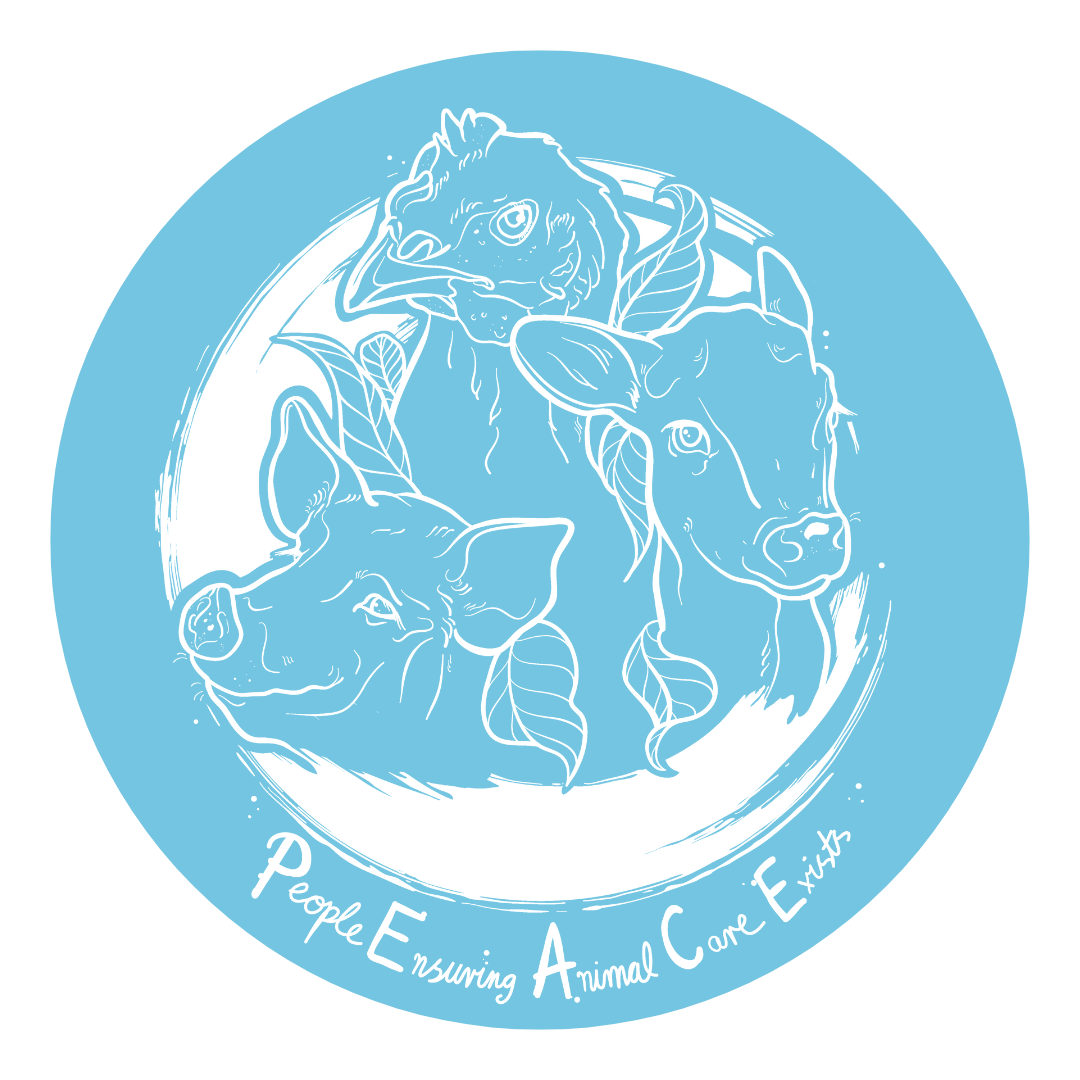Article By Kali Nelson
“You’re a vegan? Where do you get your protein?”
Whenever the topic of veganism comes up, the protein question is often one of the first
concerns mentioned. What’s especially interesting about this is that of all the nutritional
requirements, protein is one of the easiest to resolve on a vegan diet.
How Much Protein Is Enough?
In Canada, the recommended dietary allowance for protein is 0.8 grams per kilogram of
body weight. Of course, that’s a generic recommendation that will fluctuate depending on
the person and their unique needs.
If the average person, vegan or not, were to track their protein consumption, it might
surprise them. Many people eat much more than the recommended daily intake without
even realizing it. A large 2013 study by the Journal of the Academy of Nutrition and Dietetics
discovered that vegetarians and vegans consume around 70% more protein than they need
on a daily basis.
With so many world-class athletes now opting for a vegan diet, the debate over protein is
becoming a thing of the past. As long as you’re consuming enough calories in a well-
rounded plant-based diet, getting in adequate protein is no problem.
Where Do Vegans Get Their Protein?
Vegan protein is about much more than good ol’ tofu and tempeh. Other protein-packed
sources include nuts, seeds, beans, lentils, chickpeas, and quinoa. Besides those classic high-
performers, we often overlook the protein available in simple plant foods. If you want to
sprinkle some unprocessed protein into your meals, experiment with leafy greens like
spinach, peas, brussels sprouts, asparagus, alfalfa sprouts, and broccoli.
What About Other Important Nutrients?
Some people wonder whether vegans can get optimal levels of other necessary nutrients,
such as iron and calcium. According to major health institutes worldwide, including the
American Dietetic Association, the Dietitians of Canada, and the British Dietetic Association,
you can safely meet all nutritional requirements through a vegan diet.
There’s one nutrient that both vegans and non-vegans are at risk of being deficient in, and
that’s vitamin B12. This water-soluble vitamin is not made by plants or animals, but by
microbes. In today’s hygienic society, that kind of bacteria is trickier to get. Farm animals
carry B12 by either consuming the bacteria or being supplemented with the vitamin. While
you can eat B12-fortified foods, the easiest option is just to take a supplement yourself.
The Health Risks Of Eating Animals
Not only do we not need to eat animals to live a vibrant life, but doing so actually comes
with its own risks. Illnesses linked to eating animals include heart disease, cancer, stroke,
diabetes, and other health concerns. By getting all our nutrients from plants, we can reduce
our chances of developing these problems.
Satisfying your protein requirement while allowing animals to live free from pain and
suffering? Sounds like a win-win.
If you’re interested in learning more about how to thrive on a vegan diet, check out
Challenge 22 for recipes and tips on getting started.

